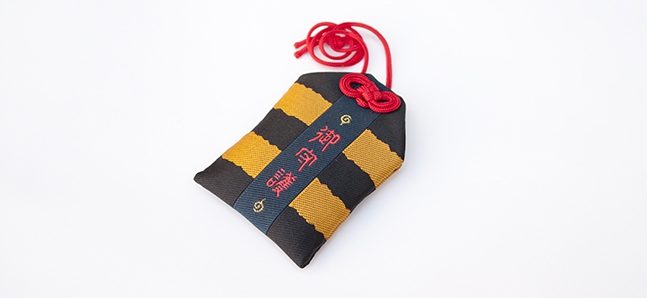
Posted: Tue Feb 18 2014
Small and portable, omamori charms were originally pieces of wood inscribed with prayers, placed inside an embroidered pouch and sealed. While the power of the charms and the wishes of their owners haven’t changed, temples and shrines are revamping their omamori to meet the changing times.
With the New Year's rush long gone, now’s the ideal time to seek out a few interesting talismans. Don’t forget, though: if you want your wish to come true, it has to be made in earnest to the powers that be, who must also be thanked once it comes true.
Charms for love and romance
NItta Shrine 'Love Amulet'
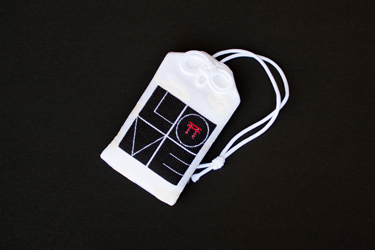
A stone carving here proclaims that Nitta is the 'Love Shrine' in Tokyo, and this stylish charm, designed by renowned art director Katsumi Asaba, is further evidence of that. Grab the amulet and take a picture with your special one in front of the carving for a double dose of happiness. Singles will have to rely on just the charm. ¥600.
Nitta Shrine details
Tokyo Daijingu 'Marriage Amulet'
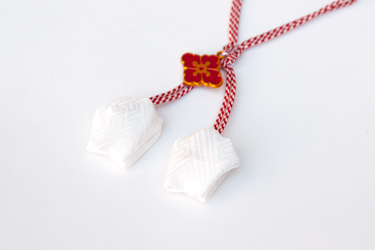
With its lily of the valley design, this popular amulet comes from Tokyo Daijingu (Grand Shrine), a shrine especially popular with women and considered a 'power spot' associated with marriage. In the language of flowers, lily of the valley symbolizes joy. The two flowers on the amulet have bells attached to them, and are joined by an elaborate knot. As the sound of the two bells jingling becomes one sound, a prayer for two hearts to join as one will be heard. ¥700.
Tokyo Daijingu details
Shiba Dai Shrine 'Chigibako'
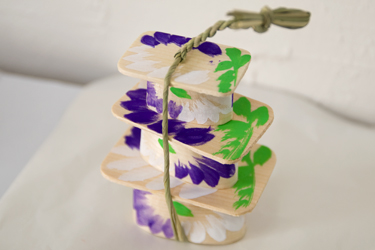
This talisman has been a traditional toy since the Edo period, and in the past it was only available at the annual Dara Dara Festival held in September. The omamori comprises three levels of boxes tied together with a cord and painted with a vivid wisteria image. The boxes rattle with movement, making a pleasant sound. While there are many theories as to the origin of the name, one is that because chigi, written as 千木, can also be written as 千着, meaning a thousand pieces of clothing, it was customary for women to keep chigibako in their drawers, hoping that they would thus accumulate more kimonos and find a good partner for marriage. Another theory says that chigibako are to be hung from the ceiling. When it thunders, the beans inside the boxes are meant to be eaten to make the thunder go away. Regardless, this chigibako is only available at Shiba Dai Shrine and is especially popular with women looking for the perfect partner. ¥1,200.
Shiba Dai Shrine details
Luck and protection against evil
Nezu Shrine 'Tsukinami Hana Mifuda'
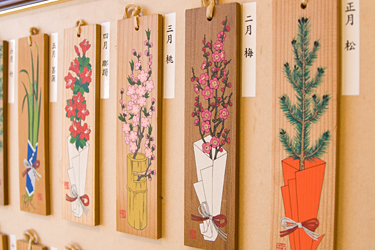
A thin board 15 cm long, this curious amulet is decorated with an image of a different flower or tree each month - a pine at New Year's, plum in February, peach in March, and so on. It's said that hanging it inside will banish evil and protect the purity of the house. While you can buy amulets from different months at any time, it's fun to go to the shrine every month and expand your collection one at a time. Perfect as birthday presents or souvenirs. ¥500.
Nezu Shrine details
Akagi Shrine 'GeGeGe no Chanchanko Amulet'
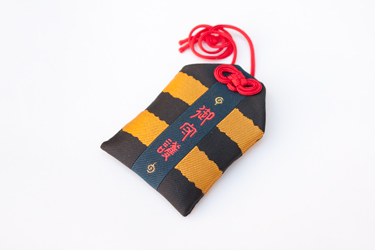
Fan of the 'GeGeGe Kitaro' manga? You'll have to get this charm designed by artist Shigeru Mizuki, who once said that GeGeGe Kitaro's becoming serialised as an anime was due to the prayers he offered for its success at Akagi Shrine. Designed with Kitaro's chanchanko kimono jacket as a motif, this omamori is for warding off evil, while the 'Daddy Eyeball Amulet' (also available here) is for good fortune. ¥1,000.
Akagi Shrine details
Matsushima Shrine 'Ryomu Fuda'
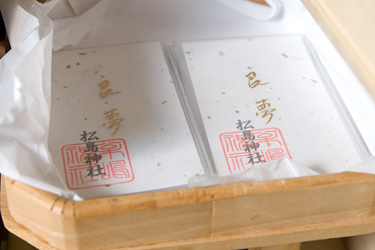
This charm features a picture of the god of wealth, drawn in gold on beautiful Japanese paper. Its origins can be traced to a belief saying that if the owner placed the charm under their pillow on the first day of the Chinese sexagenary calendar cycle, and the god, okuninushi (lit. Master of the Great Land), appeared in their dream, then their wishes would come true. Nowadays, these amulets also seem to provide blessings for entrance exams, job hunting, recovery from illness, and successful business negotiations, and people often come to buy them on the day before such an important event. The main thing is to decide firmly on what you want, and write it on the amulet while praying for it. Then, if you dream about it, you should report back to the shrine, taking the amulet with you. The priests will then offer prayers on your behalf, thus increasing the chance that your dream will come true. ¥500.
Matsushima Shrine details
Suwa Shrine 'Fujimi Kaiun Amulet'
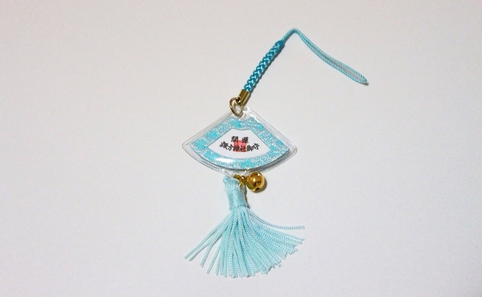
The Fujimi amulet for prosperity comes from shrines located in high places from where you could once admire Mt Fuji. This version comes in two pastel colours, blue and pink, and feels like the sort of omamori that'll guide you to good fortune. ¥1,000.
Suwa Shrine details
For success in business
Shiba Dai Shrine 'Talisman for Business Success'
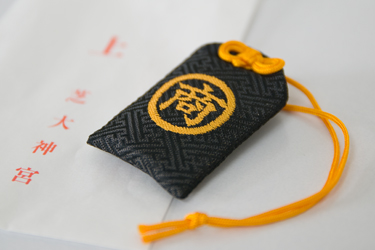
Shiba Dai Shrine is known as the place to go to pray if you're looking to strike it rich in the lottery, and sells several charms bringing blessings for business prosperity and roaring trades. The character 商 (trade) on the plump black brocade pouches makes quite a statement, and the black cloth is meant to represent being ‘in the black’. There's also a white version, symbolising heaven and earth. These omamori are very popular among sales people. ¥800.
Shiba Dai Shrine details
For academic success
Meiji Shrine 'Academic Success Amulet'
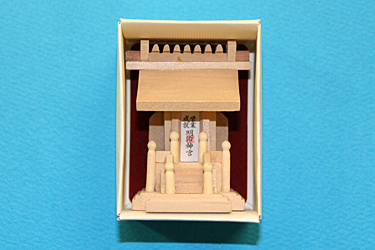
While already boasting an overwhelming number of visitors, Meiji Shrine is also touted as one of Tokyo's top ‘power spots’. The shrine is home to a very unusual style of charm: a paper box with a miniature household shrine inside. And no — you're not imagining things — this talisman obviously has a much greater impact than the regular pouch-style charms. This is because it's filled with the powers of Meiji Jingu Gaien, the shrine’s outer precinct, and Emperor Meiji who, through the Imperial Rescript on Education, built the foundations for study and moral education in Japan. Hang this omamori at your desk or take it with you to exams or the like. ¥800.
Meiji Shrine details
Yushima Tenjin 'School Backpack Amulet'
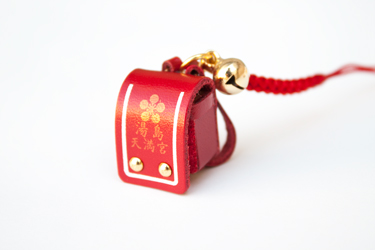
Bunkyo's Yushima Tenjin shrine is dedicated to Sugawara no Michizane, known as the god of learning. An especially popular amulet offered here is this backpack-shaped charm. Small and cute, this keyring-style omamori is easy to carry around, and comes in both red and black versions. The 'academic success pencil' (¥600), inscribed with aphorisms, is recommended as a gift for students taking entrance exams. ¥800.
Yushima Tenjin details
For outings or travels
Tobi Fudoson 'Tobi Shugo'
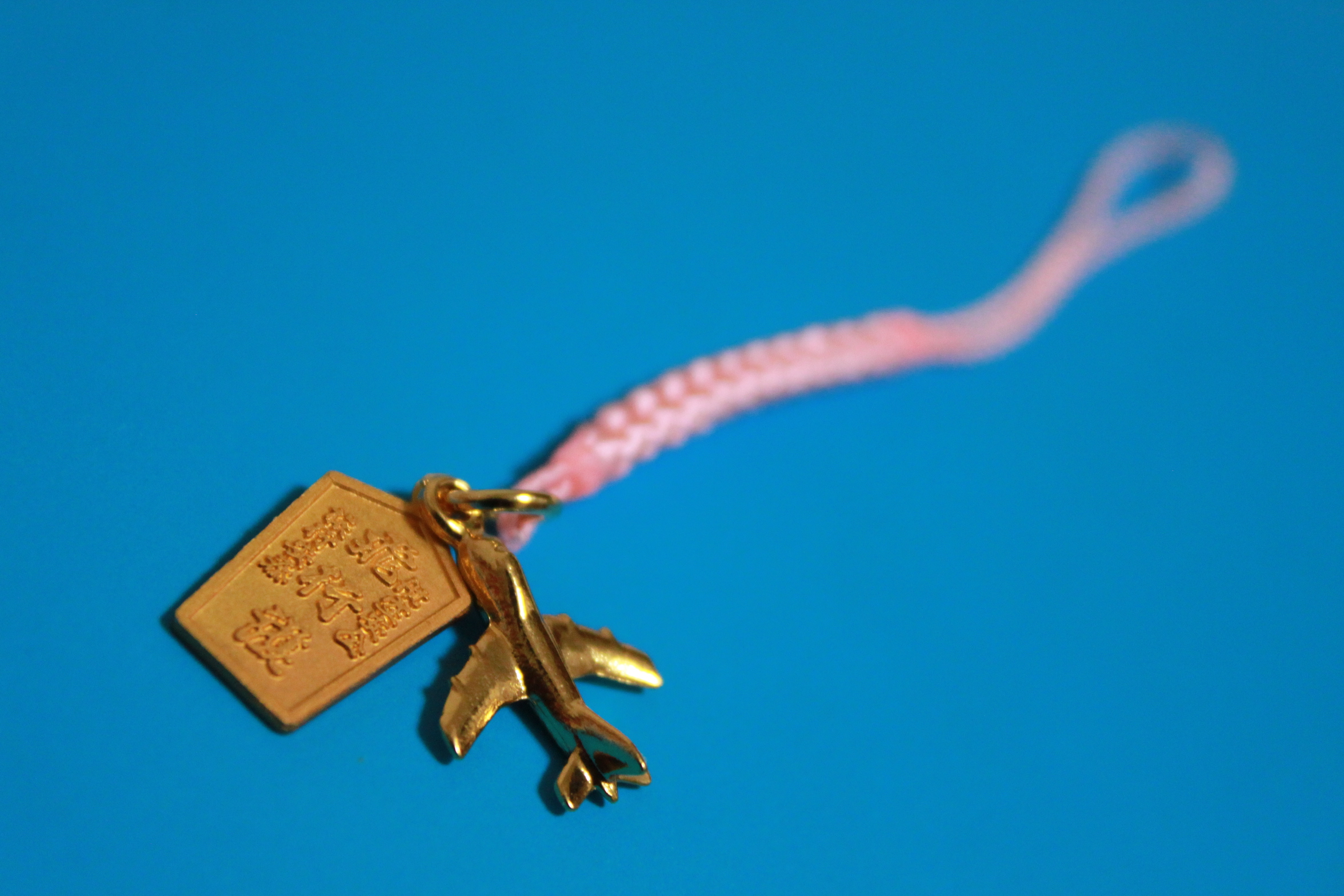
This 'air traffic safety' amulet comes in pink, red, and blue versions, allowing for colour-coordination with your luggage. Tobifudo is widely worshipped as the guardian deity of travellers, and is well known among people who work in the aviation industry as the provider of blessings for safe trips and uneventful flights. ¥600.
Tobi Fudoson details
Zojo-ji 'Charm for Safe Travels'
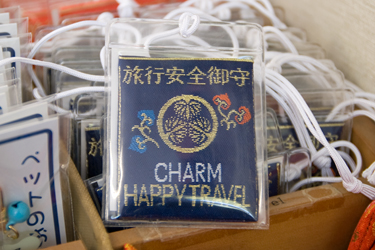
With a huge influx of overseas visitors to the charm shop at Zojo-ji Temple in recent years, some of the merchandise now has English writing on it. Despite its grammatically curious inscription, this charm for safe travels has proven popular with people about to embark on trips abroad. ¥500.
Zojo-ji details
For good health
Araiyakushi Baishoin 'Eye Health Votive Picture'
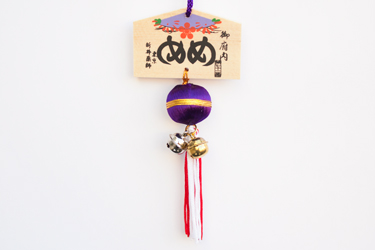
This small ema (votive picture) comes with a bell attached, and is intended to protect from or heal eye-related diseases. The hiragana character me (pronunciation for the word 'eye') is written both backwards and the right way round on the back of the picture, and the characters for 'recovery from eye diseases', 'peace and prosperity in the household', 'academic success', and 'warding off bad luck and attracting good luck' are also inscribed. Comes in red or purple. The pouch-type amulet (¥500) for recovery from illness is also a big seller. ¥700.
Araiyakushi Baishoin details
Kanda Shrine 'Beauty Amulet'

An amulet to help us all stay beautiful forever is just what this world needs, right? The rabbit on this charm even has that slim, pinched waist. Recommended for nail artists, estheticians, and anyone else in the beauty industry. ¥800.
Kanda Shrine details
For your pet
Ichigaya Kamegaoka Hachimangu 'Momorin'
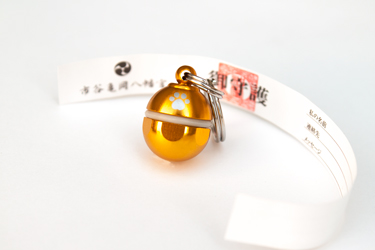
This capsule-style amulet, which ensures a long and happy life for your beloved animal friend, has space for a message card on which to write your phone number and address, so it can be used as an ID tag as well. Comes in large and small sizes, and in silver and gold versions. The name means 'a hundred protective bells', and comes from the idea that the bell, a traditionally auspicious object, will protect your pet from bad fortune. ¥2,000.
Ichigaya Kamegaoka Hachimangu details
For protection in cyberspace
Kanda Shrine 'Data Safety Amulet'
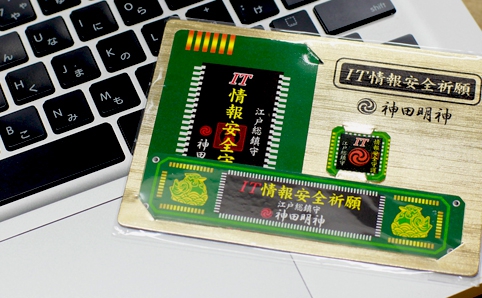
Protect your computer from viruses and the like with this seal-type talisman. Anyone looking for relief from the annoyance of PC problems can attach it to their computer and say a little prayer. ¥800.
Kanda Shrine details
Tags:
Tweets
- About Us |
- Work for Time Out |
- Send us info |
- Advertising |
- Mobile edition |
- Terms & Conditions |
- Privacy policy |
- Contact Us
Copyright © 2014 Time Out Tokyo










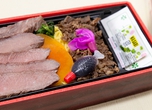



Add your comment